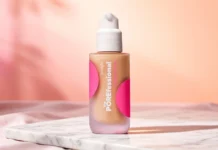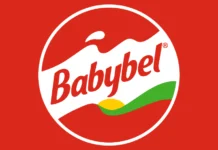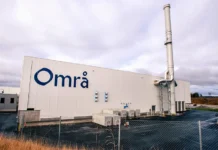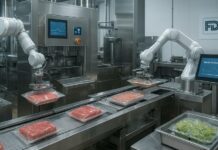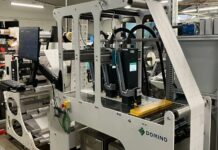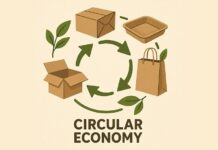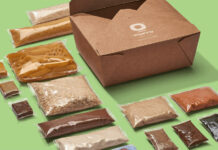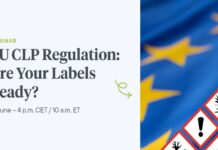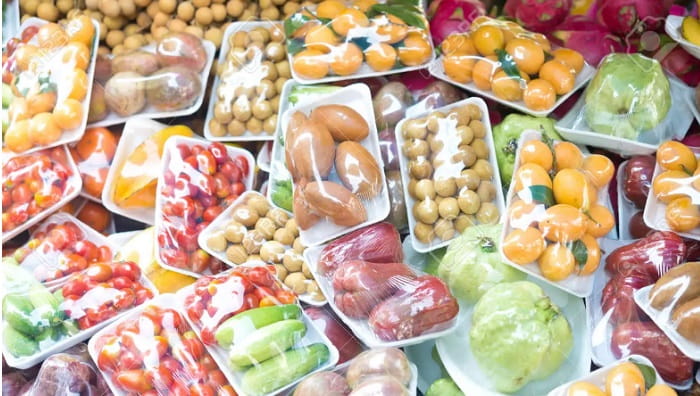Kemira and PA Consulting have teamed up to develop a polysaccharide-based renewable barrier coating material for flexible food packaging applications.
Apparently, the new technology is based on IFF’s Designed Enzymatic Biomaterial (DEB) production platform, a biotechnology process that enables the production of new renewable polymers with enzymatic polymerization. This builds upon the announcement of a new contract manufacturing facility by Kemira and IFF under their partnership, which Kemira says will supply entry-level industrial scale volumes for its strategic markets.
The company states that consumers and regulators are demanding a step change in sustainable packaging and the reduction of plastic waste, and with the help of chemistry, fibre-based flexible packaging can offer renewable and recyclable packaging solutions in demanding end-use applications. It adds that the new coating material will have the flexibility to adapt to existing value chain infrastructure.
“We are excited to partner with PA Consulting to further leverage the potential of this new, renewable polymer technology. Collaborating on this strategic initiative underscores our shared vision to lead the industry towards a more environmentally conscious and sustainable future,” said Sampo Lahtinen, senior vice president growth accelerator at Kemira Oyj.
David Russell, technology and innovation expert at PA Consulting, said: “We are thrilled to collaborate with Kemira to help unlock this new business growth area. PA brings expert capabilities in commercialising material science technology and market strategy, and we look forward to working with Kemira on the development of innovative barrier coating technology for sustainable packaging.”
In other food packaging news, Colpac introduced its range of recyclable microwavable soup pots, suitable for chilled and hot food-to-go. Sizes range from 225ml to 900ml, catering to various portions and food types across different parts of the day.
More recently, Tosaf revealed two new processing aids for the extrusion of fluoroelastomer-free polyolefins, reportedly unlocking the creation of PFAS-free, certified food-safe plastic films. Said to meet EFSA and FDA requirements for food-contact materials, the materials are hoped to replace conventional materials containing PFAS substances in a range of applications.



